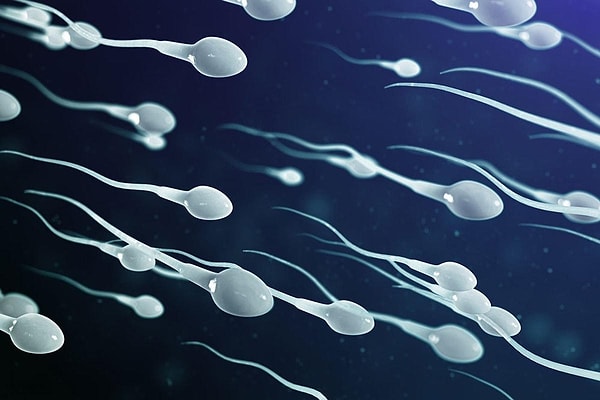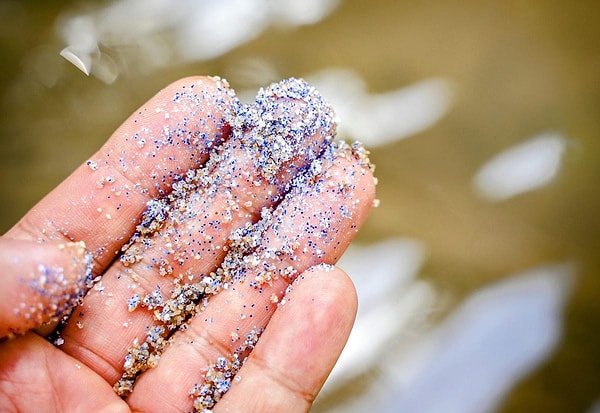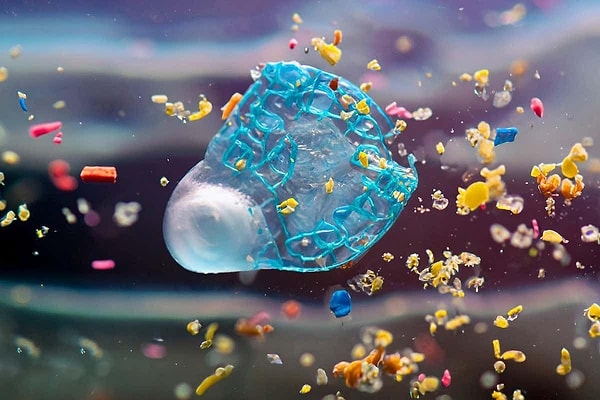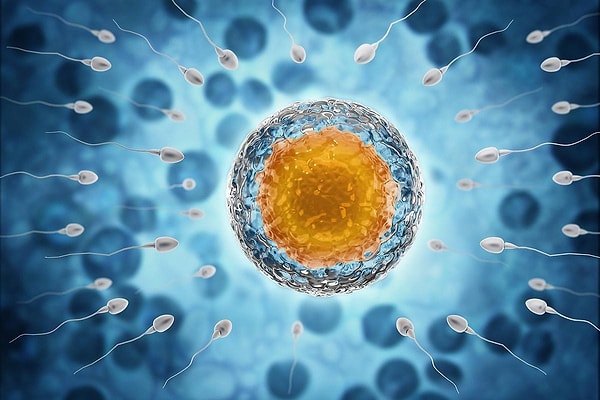Studies Reveal That Human Testicles Contain Microplastics
The presence of microplastics in our environment has raised significant concerns about their potential health effects. Recent studies have revealed a startling discovery – microplastics have been found in human testicles. This finding sheds light on a possible link between plastic pollution and reproductive health issues, highlighting the urgent need for environmental action and awareness.
Scientists have found "significantly" high levels of microplastics in both dogs' and humans' testicles.

According to IFL Science, researchers at the University of New Mexico took samples from the testicles of 47 dogs and 23 humans during autopsies. Unfortunately, every sample taken for testing revealed the presence of microplastics.
Researchers speculate that the microplastics found in testicles could also significantly impact sperm count.

While dogs showed an average of 122.63 micrograms of microplastic per testicular tissue, humans reached up to 328.44 micrograms. The study also investigated whether microplastics affect sperm count.
The study confirmed that microplastics in our bodies significantly reduce sperm count.

It was revealed that high levels of 'PVC,' the world's third most commonly produced synthetic plastic polymer, in tissue lead to lower sperm counts.
Microplastics are plastic particles smaller than 5 millimeters.

They result from the breakdown of larger plastics or products containing microcrystals like cosmetics. Microplastics, now found in oceans, soil, and even in the air, are also present in the human body. Consequently, there is a global decline in sperm count.
"We don't want to scare people."

'We want to present our data scientifically and raise awareness among people,' said Xiaozhong John Yu, a professor at the University of New Mexico's School of Nursing, emphasizing the importance of developing environmental awareness among individuals.
Keşfet ile ziyaret ettiğin tüm kategorileri tek akışta gör!


Send Comment